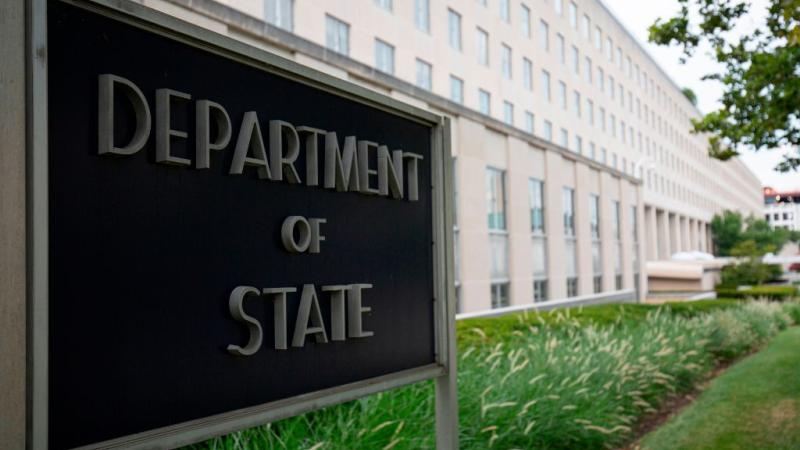Ohio Gov DeWine bans THC, intoxicating hemp products
"Intoxicating hemp products are known to have significant impacts on young, developing brains, yet these products are legally marketed to kids, sold to kids and ingested by kids in Ohio," Ohio Gov. Mike DeWine said
Ohio GOP Gov. Mike DeWine has signed an executive order banning THC and intoxicating hemp products in the state.
The order signed Wednesday will require retailers to stop selling all gummies, beverages, cookies and other products containing THC (tetrahydrocannabinol) – the main psychoactive compound in the cannabis plant — by Tuesday, Faccording to Fox News.
"Intoxicating hemp products are known to have significant impacts on young, developing brains, yet these products are legally marketed to kids, sold to kids and ingested by kids in Ohio," DeWine said.
Many of these products have colorful packaging that appears similar to popular candy brands.
Intoxicating hemp is created by manipulating compounds found in hemp plants to create toxic compounds like delta-8-THC and delta-9-THC.
DeWine noted that when marijuana was legalized in Ohio, it was only for licensing dispensaries to sell products to people age 21 or older.
"Intoxicating hemp completely bypasses these laws, and we must do more to keep these products away from kids," he said.
Being exposed to such products during adolescence, while the brain is still developing, has been linked to poorer learning, memory and attention problems, and brain development changes, according to the National Institute on Drug Abuse.
Per the Ohio Poison Control, the number of people aged 19 and younger exposed to these compounds increased from 419 in 2021 to 994 last year. In children aged 5 and under, the number of exposures nearly tripled between 2021 and 2024, jumping from 202 to 555.
THC exposure to 90% of children 12 and under landed them in the emergency room, with two-thirds requiring hospitalization, according to the OPC.
The executive order states that any THC-containing products must be returned to the manufacturer or handed over to law enforcement. Retailers who violate the order could face a $500 fine per day if the products are still available for sale, and the Ohio Department of Agriculture will have the authority to confiscate any of the products.















